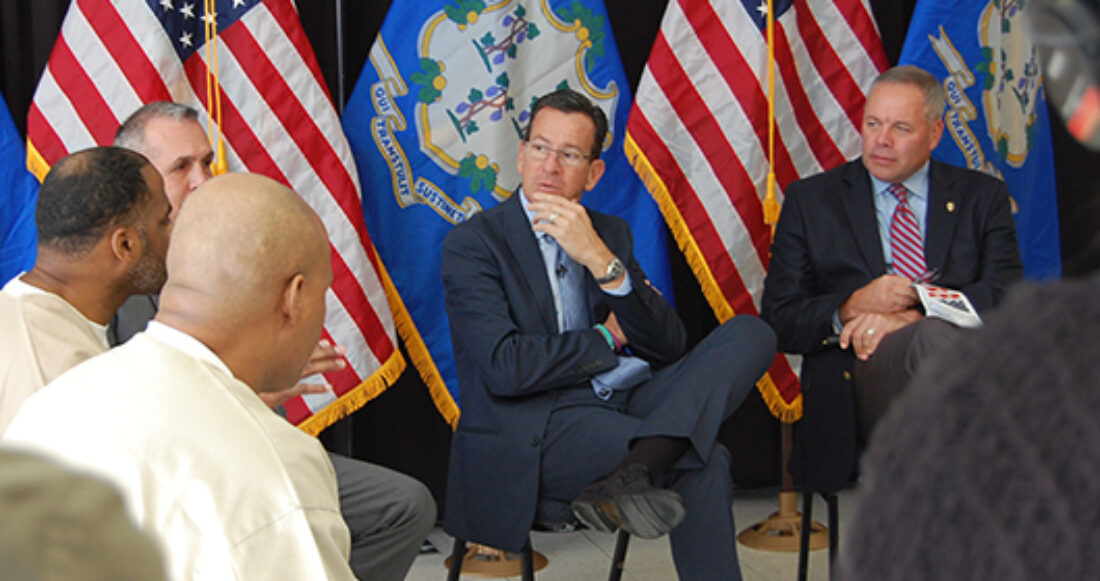Connecticut Governor's Proposal to Raise Juvenile Court Age Sets Precedent

Connecticut Governor Dannel Malloy has proposed that Connecticut become the first state in U.S. history to raise the age of juvenile, or family, court jurisdiction beyond age 18. Governor Malloy’s precedent-setting proposal would raise the age of juvenile court jurisdiction through age 20 and develop a separate process for handing cases for defendants and offenders between the ages of 21 and 25.
The governor’s proposal is both bold and consistent with a growing body of brain research and behavioral science confirming that young people are fundamentally different than adults. We now know that the brains of young adults into their early 20s are developmentally closer to those of adolescents than to older adults. As states around the country seek to roll back harsh laws that transfer youth to the criminal justice system, state legislation has the potential to push back even more emphatically, suggesting that not only should we treat youth as youth, but that our traditional ceiling for juvenile jurisdiction is far too low.
For the last two decades, the Annie E. Casey Foundation has partnered with state and local juvenile justice systems around the country to demonstrate that the vast majority of justice-involved youth can be served safely in the community instead of in costly institutions. Our experience has taught us time and again that all youth, regardless of offense, should receive age-appropriate responses rooted in principles of youth development.
The evidence is clear that the adult criminal justice system cannot meet the developmental needs of youth and can expose them to an array of deep physical and psychological harms. The adolescent brain, body and emotions are not fixed, but rather highly dynamic and responsive to their environment until a young person reaches his or her mid-20s. Therefore, youth who have broken the law should be held accountable in ways that recognize their developmental stage and capacity for change. The promise of the juvenile justice system to help youth cannot be realized if youth are treated like adults and exposed to harsh sentencing and correctional conditions.
As an organization, the Casey Foundation is committed to the result that all children in the United States have a brighter future. Proposals such as Governor Malloy’s recognize that no matter how serious a crime he may have committed, a young person in trouble with the law deserves to be equipped with skills and opportunities that allow him to reach his full potential.





